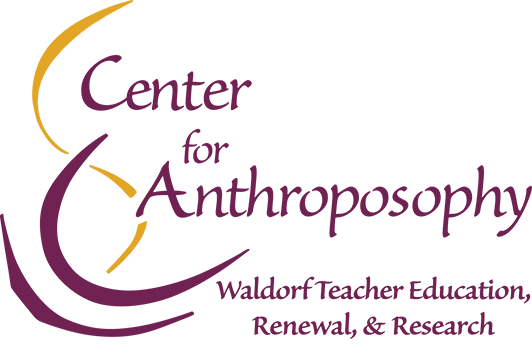Wilton, New Hampshire, July 7-12
In today’s world, we are constantly bearing witness to global crises and tragedies, and therefore, we live in a world that is rife with untreated trauma.
How do we create a culture that is inclusive of this task, given to all human beings? A culture where everyone matters, and where human encounter is the ultimate creative invitation to harness our capacities of presence?
We need tools to achieve deeper levels of understanding and to put our knowledge into action.
I have found much to learn from the worldwide crisis intervention leader, Bernd Ruf. He is the founder of the Parzival Center, a school of 750 children from infancy to age 24, where everyone is accepted, no matter how difficult the task, and how deep the suffering.
Bernd is also the co-founder of the Emergency Pedagogy Center in Karlsruhe, Germany. Since 2006, trained therapists, teachers, and trained emergency pedagogy volunteers have reached out to countless places all over the world to help children and young people experiencing trauma from war or natural catastrophes.
Why Emergency Pedagogy?
1. Because we want to help those in need: Traumatized children are in the most dangerous position as their trauma can hinder their development and prevent their lives from reaching their full potential.
Every human being who is prevented from bringing their capabilities to this earth is a loss for all of us. “The human being who saves a person saves the world.“
2. Because we are all connected to this earth we need our collective consciousness and our collective efforts: Only in human encounters can we make a difference.
The earth depends on us becoming well-grounded so we can do what we came here to do. Our work is all about helping the children incarnate despite trauma.
Bernd tells of a woman who watched the team work with children. Every day she arrived from early morning to late evening, always sitting on the spot where dark stains tainted the wall behind her.
On the last day, she stood up and said, “My child was shot here, in the head and in the heart. She added, “You don’t only heal the children, you heal the earth.”
There is no human being without the earth, and there is no earth without the human being.
3. Because we live in a time where we need to understand that spiritual health is physical health and that we are in a battle against the materialistic forces that aim to dehumanize us.
What happens when we experience trauma?
Through shock, the I excarnate, and you can say that the I is imprisoned, unable to fully incarnate.
Where the I should reside, there is a wound, and if not attended, can create a vacuum, making the person vulnerable and less able to find meaningfulness in their lives. This affects health as well.
We have a unique opportunity to meet Bernd Ruf, listen to daily morning lectures, and attend afternoon trauma-preventative therapy sessions before a Q&A session with Bernd at the end of the day.
Getting to sit in a circle with Bernd and to ask questions in such an intimate setting is such a memorable experience. Please consider joining this unique opportunity.
We still have some housing, please visit our website at centerforanthroposophy.org/kairos-institute
and register. There’s lot more information there as well about Emergency Pedagogy and our courses.
With warmest wishes,
Karine Munk Finser, Director, Kairos Institute, Training in Artistic Therapies, Training in Emergency Pedagogy
karine@
centerforanthroposophy.org
